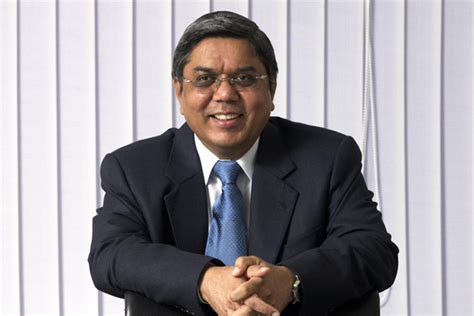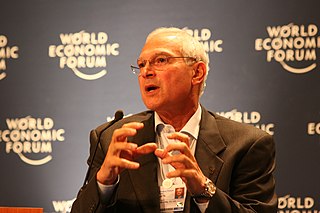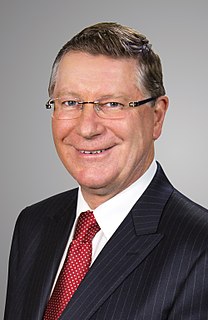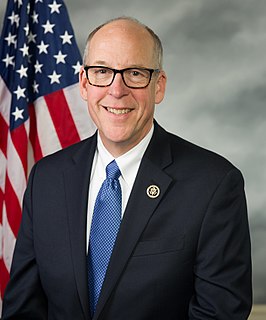A Quote by Lynn Good
There is growing demand for renewable energy.
Quote Topics
Related Quotes
The UK still has time to accelerate the take-up of renewable energy and put the nation on a path towards clean energy that is cheaper, stable and more sustainable. We have a stark choice: We can stay stuck in the last century's boom and bust approach to our economy in the way we consume energy and resources, or create a sustainable, stable and renewable energy infrastructure with the long term environmental and employment benefits that ensue
But to truly transform our economy, protect our security, and save our planet from the ravages of climate change, we need to ultimately make clean, renewable energy the profitable kind of energy. So I ask this Congress to send me legislation that places a market-based cap on carbon pollution and drives the production of more renewable energy in America.
So on the demand side [for energy], there have been a variety of policies that globally have been way over $50 billion a year of tax credits, raising the price of electricity through things like renewable portfolio standards, so the total amount of money that's gone into sending a price signal to push up demand versus what would happen without it has been gigantic.
An increased push for energy efficiency, renewable energy technology, electric mobility - along with the growing digitalization movement and a universal carbon pricing structure - would speed up the carbon-free future and the rise of a global middle class we desperately need. We can and must all do our part.



































